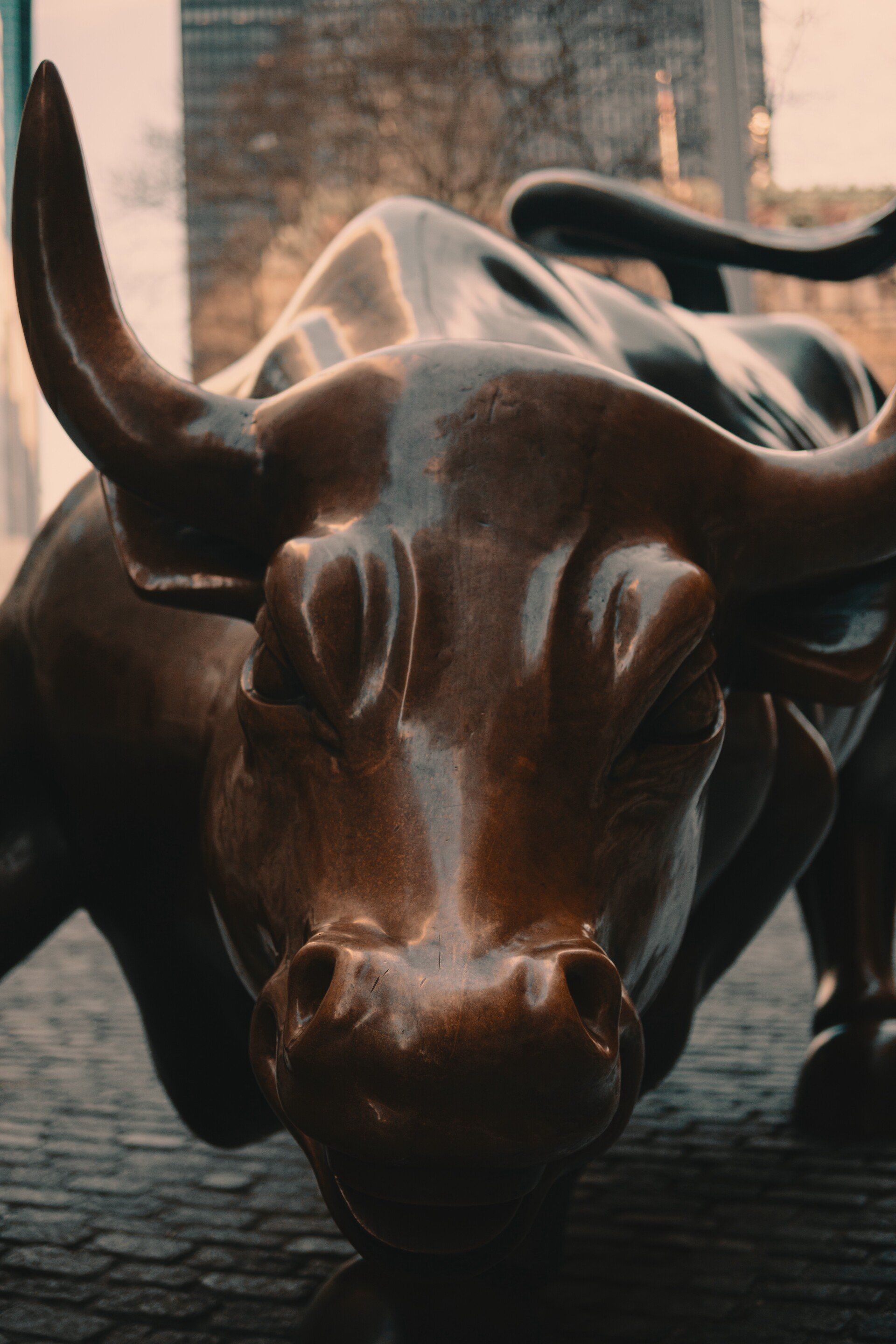Can Anyone Become an Entrepreneur?
The 3 things you should be aware of
Silicon Valley and innovation hubs around the world has got many people wanting to become founders of the next unicorn. If you are in corporate life, have a family, with the responsibility of a mortgage and other such commitments, the challenge of quitting a great job maybe daunting. What if I fail?
Silicon Valley and innovation hubs around the world has got many people wanting to become founders of the next unicorn. If you are in corporate life, have a family, with the responsibility of a mortgage and other such commitments, the challenge of quitting a great job maybe daunting. What if I fail?
The best time to start a company is while you’re still at university or immediately after finishing. You have an amazing network at the university and are still in contact with people you enjoy, shared 4 years of life with and who may want work with you (and not to forget you don’t have the responsibilities of adulting). Most of us have heard of these companies starting in a dorm room (Dell Computers) or in your parents garage (Apple), generally a group of friends who are like minded and have a common value system. What you don’t hear about are the thousands of projects that fail, and believe me they do exits. If you have the time check out some of these post-mortems on CBInsights. Why is this the case?
In a previous article, Rebooting the Economy, I questioned whether anyone can become an entrepreneur. If you have an MBA from Harvard, will that give you the edge in entrepreneurship? So going on from Harvard to run the biggest investment bank in the country, is not what I am referring to. I am referring to starting a business with an idea and a blank piece of paper while sitting at your kitchen table on a Saturday morning. Building that into a global company. Some recent examples are Uber, Airbnb, Twitter and probably this platform, Medium. The formal education is a tool kit, very similar to a plumber requiring a certain set of tools to get his jobs done.
So what does it take to become an entrepreneur and can anyone become one. I’ve take a contrarian view on this. Everyone can acquire the skills via the business schools, incubators and accelerators, however, those who make it successfully will be in the minority. One of the key ingredients is the steely grit and determination, where against all odds there is self belief.
"I have tried 99 times and failed but on the 100th time came success" — Albert Einstein
So this leads me to believe that there must be something in the psychological makeup of a person that gives them the propensity to make a success of business. This dogged determination is often call ones internal locus of control. If you have 10 minutes to spare, you can take this free test to see how you stack up.
Do you go all in into creating this new venture? — there is no plan B. In 1519 when Hernan Cortes arrived with 600 men and landed in the New World, he immediately ordered his men to burn all their ships. There was no returning home, he took away plan B. They had to face Aztec armies. If you have a strong plan B, you will tend to be less relentless in your pursuit to make the new venture a success. As a VC, can I back a team who is working on a project part time? or when a projects appear to be heading towards failure, rather than rescue the project, you just go back to you job.
The third important point — is the founder and his team coachable? Most VCs who provide funding, have a some experience in the start-up space. They have seen different models, when some fail, and generally have a sense of what to look out for. In some instances, the team is so entrenched in their idea, they may not see the flaws which maybe obvious to an experienced eye. The ability to pivot your business model, and work with the VC (coaching, mentoring and support) and potentially develop a sustainable business will be key.
So do you have what it takes to become a winner pulling in the same direction as your team? That never say die determination and the stubbornness of a bull terrier with a bone, then the high risk that entrepreneurship rewards maybe just what you are looking for. For other attributes that VCs look for in a founder you can contact the author.



